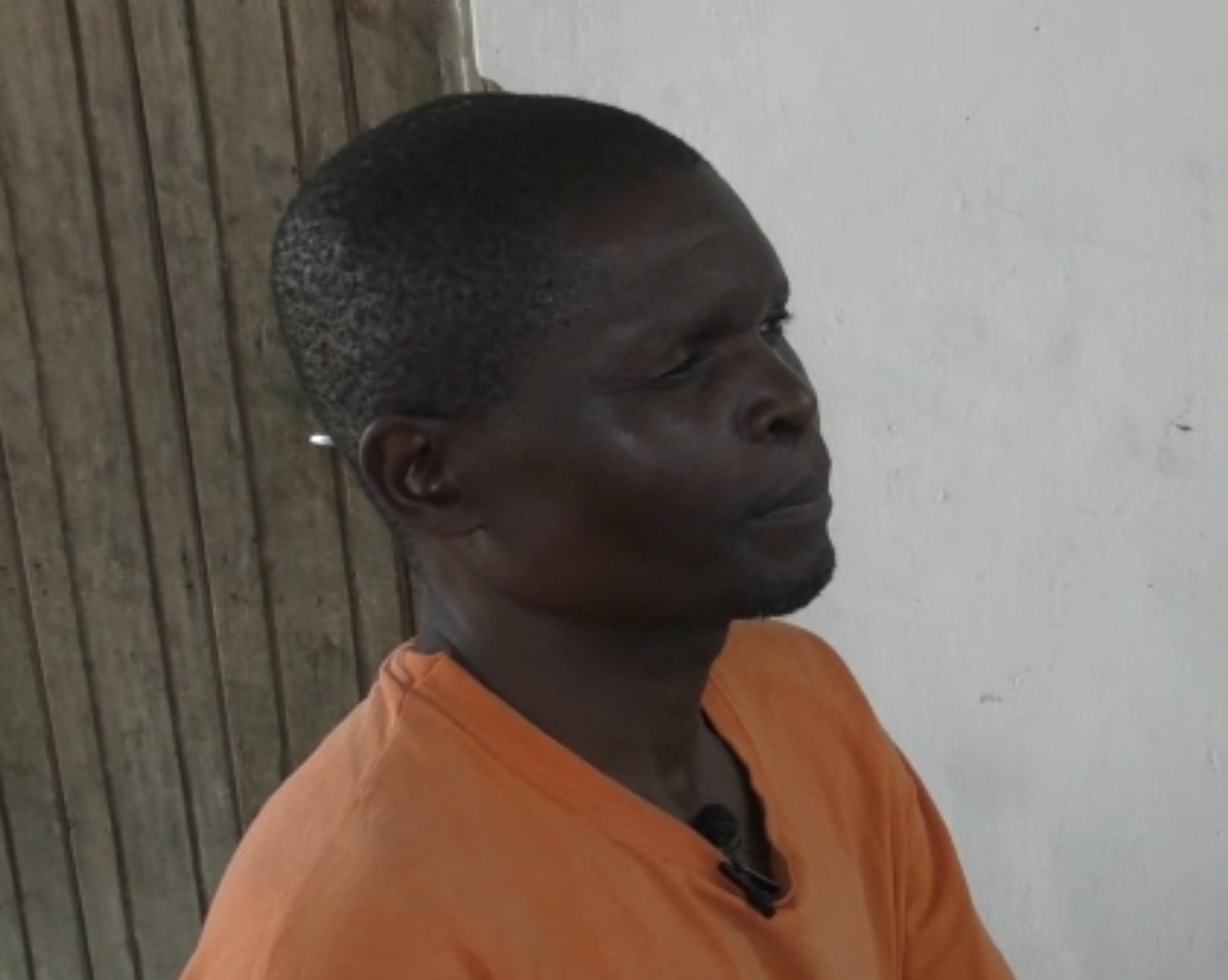
News
Financial Exclusion
Play audio version
Persons with Disabilities in Malawi Grapple with Loan Accessibility
October 27, 2022
BLANTYRE, Malawi – A national effort to reduce poverty through the provision of small-scale loans in Malawi is not reaching persons with disabilities, advocates say.
According to the International Monetary Fund (IMF), Malawi is one of the poorest nations in the world, with nearly half its residents living below the poverty line. In 2007, the country worked with the IMF to develop the Malawi Growth and Development Strategy in an effort to promote sustainable local economic development. One of the plan’s core tenets is to improve access to financial services, such as loans and savings accounts, particularly among marginalized communities. However, this effort – referred to as financial inclusion – has yet to reach persons with disabilities.
Despite the importance of small-scale loans in providing economic stimulation in poor communities, most Malawians with disabilities do not have access to them. In a 2022 qualitative study, nine out of 10 bank managers surveyed said the participation of persons with disabilities in financial services was low. “It is really a challenge for persons with disabilities to access loans,” says Chancy Patrick Namalawa, a person with a physical disability resulting from a spinal cord injury. Namalawa says he applied for a loan to start a business, but his application was denied by the loan officer, which he believes was due to the officer’s negative perceptions of persons with disabilities.
Namalawa believes persons with disabilities have trouble obtaining loans partly because they don’t have knowledge of how financial lending institutions work. Symon Munde, executive director at the Federation of Disability Organizations of Malawi (FEDOMA), agrees.
“Basically the biggest challenges is that our banking sector and financial sector is not very competitive in terms of taking on board persons with disabilities as people who can access loans,” he says. “The lack of awareness among persons with disabilities about microfinance service providers is another challenge.”
Munde also says that some of the officers involved in providing loans are biased against persons with disabilities. Bank officers sometimes assume that loan applicants with disabilities will not be able to pay back their loans and consequently reject their applications.
If persons with disabilities could access financial services and loans, they would be better equipped to contribute to the economic development of their communities, alleviating poverty, the 2022 study concluded. Part of making loans more accessible is educating persons with disabilities about how these financial transactions work, Munde says. “I think there should be quite substantive awareness of issues to do with economic empowerment in the country, more especially issues of the loan,” he says.
As for structural changes, Munde hopes to see banks in Malawi follow through on the national goal of financial inclusion. “The central bank, which is the regulator in the financial service sector, should be able to have some of the conditionalities that focus on disability inclusion, and Malawi micro-financial service network need to continue with the agenda it started then on disability mainstreaming,” he says.
As banks incorporate plans to make their services more accessible, Munde encourages persons with disabilities to develop confidence and involve themselves in business enterprises. He is optimistic that in the future, banks will recognize the benefits of providing loans to persons with disabilities. “I’m telling you that in terms of the money lending institutions, [they] will be looking for us instead of us looking for them,” says Munde.
Duster Lucius is a 2022 DJP Fellow and a 19-year-old disability youth activist who is DeafBlind (partial hearing, completely blind). He is a national youth coordinator at the Visual Hearing Impairment Membership Association (VIHEMA) in Malawi. @2022 Duster Lucius. All rights reserved.
Desmond LaFave contributed to this report.
News From the Global Frontlines of Disability Justice
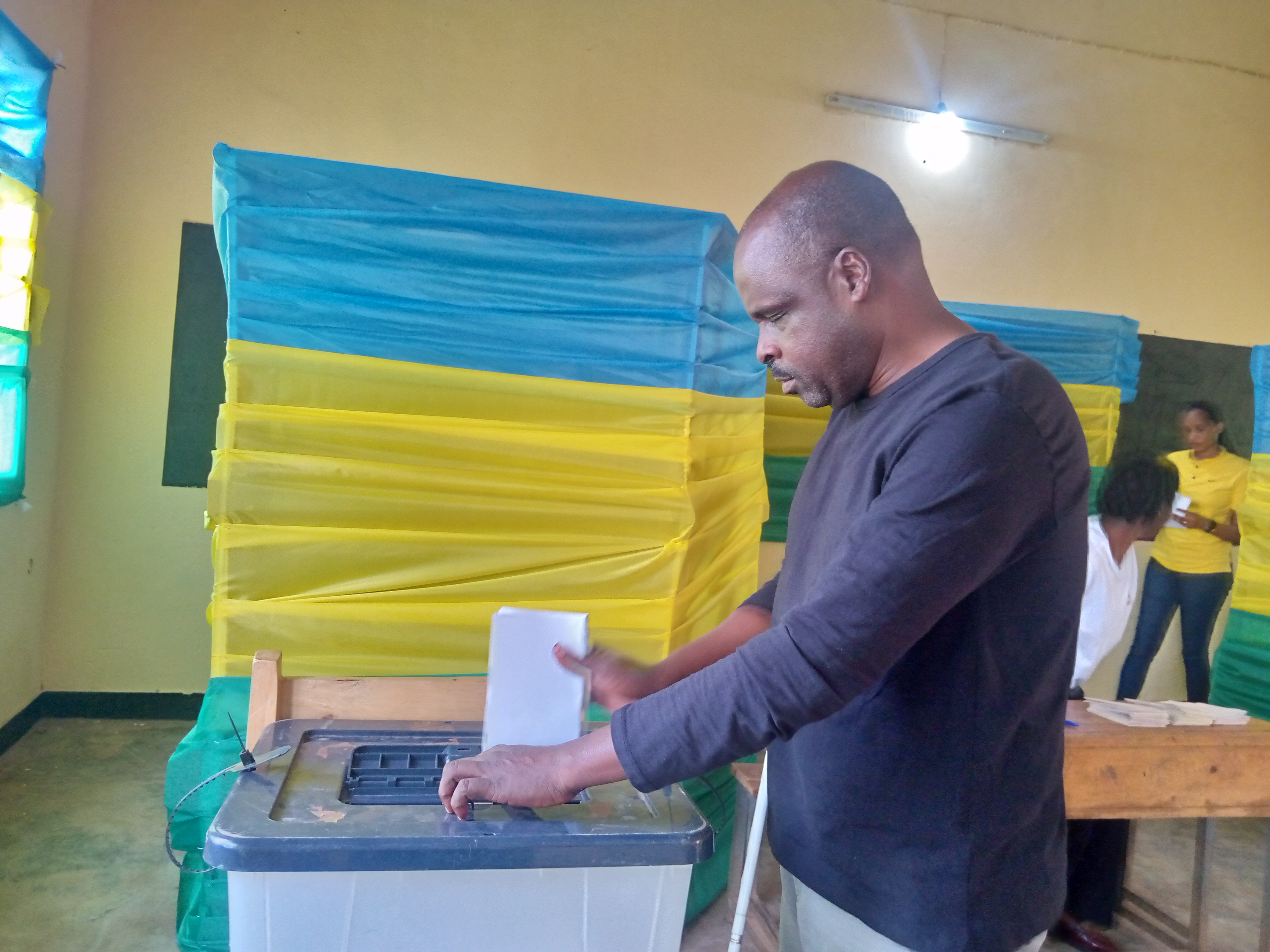
Advancing Democracy
Rwanda has made significant progress in making its elections more accessible, highlighted by the July 15 general elections where notable accommodations were provided. This was a major step forward in disabled Rwandans’ quest for equal rights and participation. “You cannot imagine how happy I am, for I have voted by myself and privately as others do accessibly,” says Jean Marie Vianney Mukeshimana, who used a Braille voting slate for the first time. “Voting is a deeply emotional and meaningful experience for a person with any disability in Rwanda, reflecting a blend of pride, empowerment, and hope.”
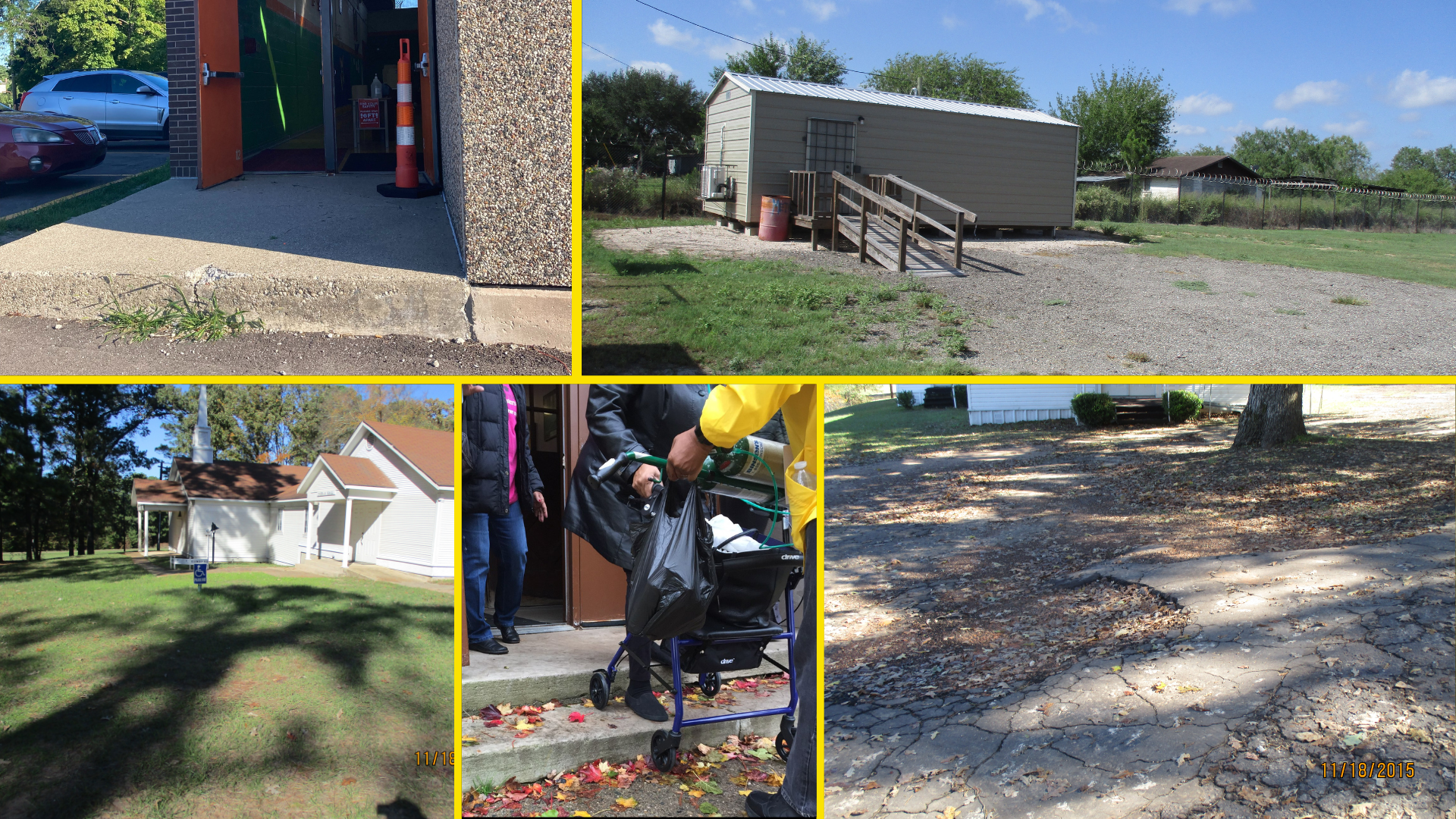
Barriers to the Ballot
Despite legislation like the Americans with Disabilities Act, barriers at the polls still hinder — and often prevent — people with disabilities from voting. New restrictive laws in some states, such as criminalizing assistance with voting, exacerbate these issues. Advocacy groups continue to fight for improved accessibility and increased voter turnout among disabled individuals, emphasizing the need for multiple voting options to accommodate diverse needs. ““Of course, we want to vote,” says Claire Stanley with the American Council of the Blind, “but if you can’t, you can’t.”
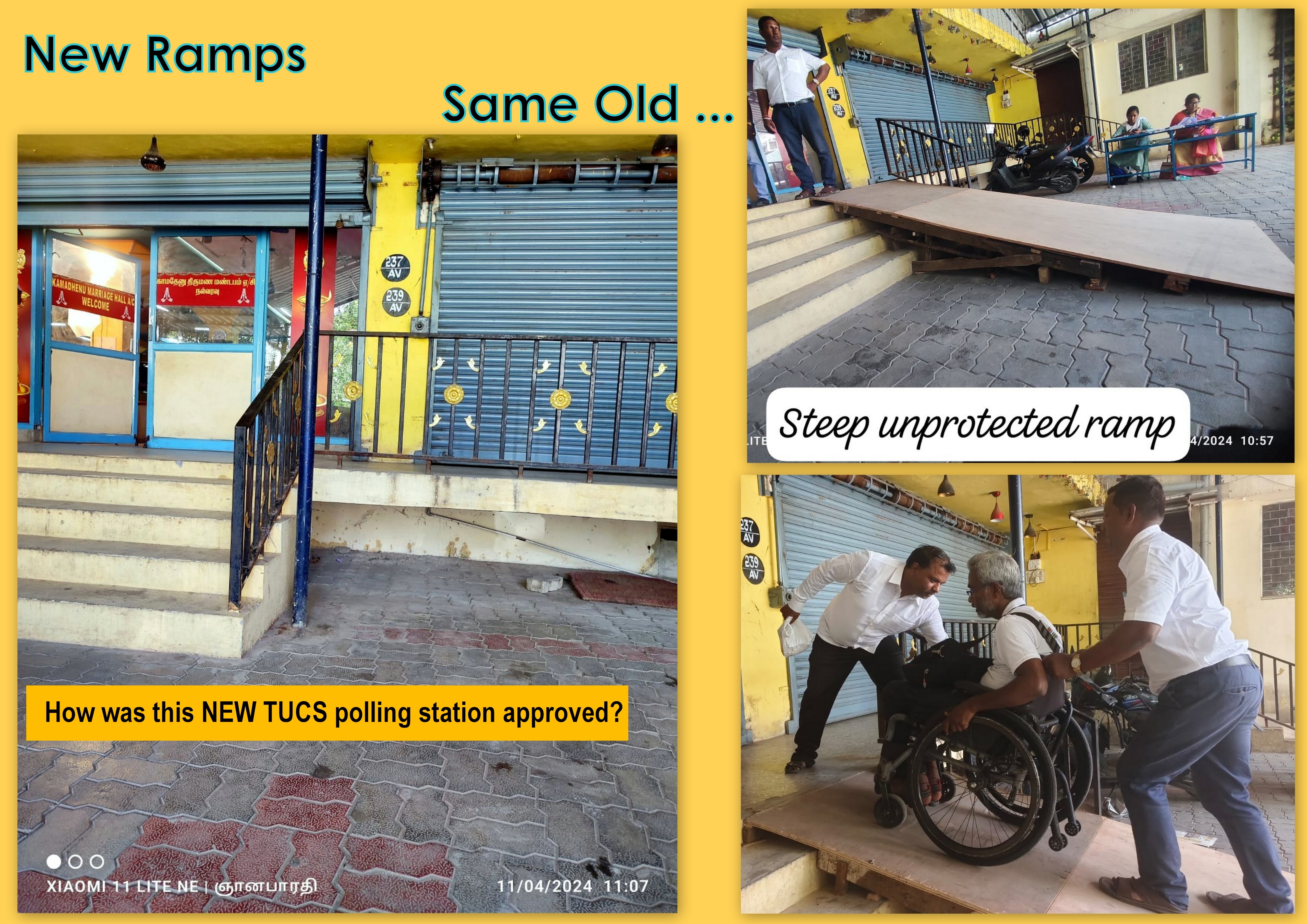
Democracy Denied
In 2024, a record number of voters worldwide will head to the polls, but many disabled individuals still face significant barriers. In India, inaccessible electronic voting machines and polling stations hinder the ability of disabled voters to cast their ballots independently. Despite legal protections and efforts to improve accessibility, systemic issues continue to prevent many from fully participating in the world’s largest democracy. “All across India, the perception of having made a place accessible,” says Vaishnavi Jayakumar of Disability Rights Alliance, “is to put a decent ramp at the entrance and some form of quasi-accessible toilet.”
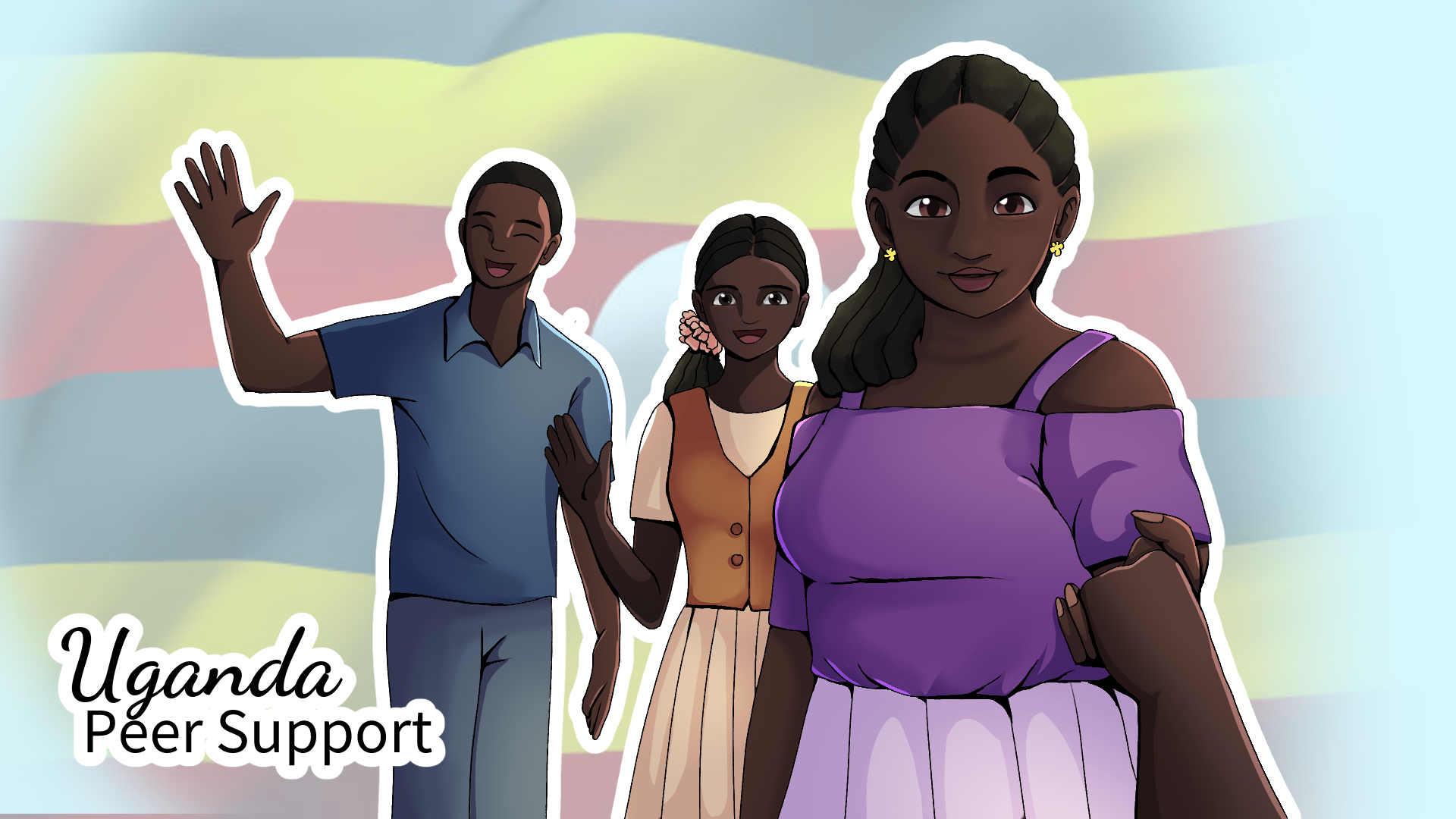
Triumph Over Despair
DJP Fellow Esther Suubi shares her journey of finding purpose in supporting others with psychosocial disabilities. She explores the transformative power of peer support and her evolution to becoming an advocate for mental health. “Whenever I see people back on their feet and thriving, they encourage me to continue supporting others so that I don’t leave anyone behind,” she says. “It is a process that is sometimes challenging, but it also helps me to learn, unlearn, and relearn new ways that I can support someone – and myself.”
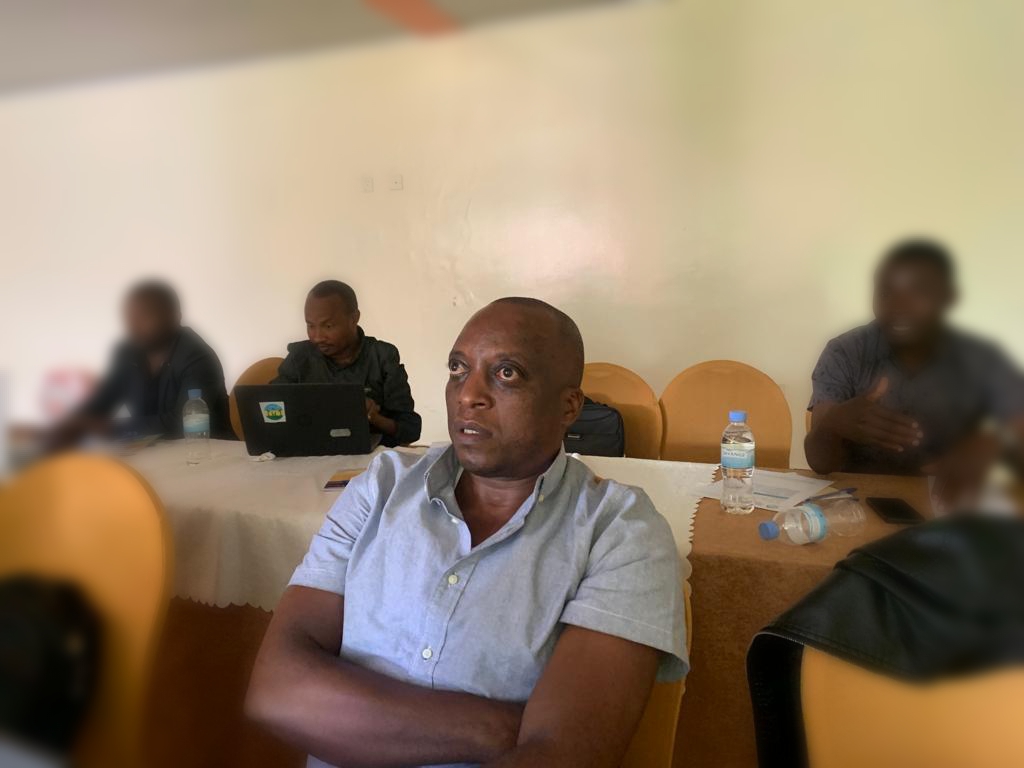
‘Our Vote Matters’
As Rwanda prepares for its presidential elections, voices like Daniel Mushimiyimana’s have a powerful message: every vote counts, including those of citizens with disabilities. Despite legal frameworks like the UN Convention on the Rights of Persons with Disabilities, challenges persist in translating these into practical, accessible voting experiences for over 446,453 Rwandans with disabilities. To cast a vote, blind people need to take a sighted relative to read the ballot. An electoral committee member must be present, violating the blind person’s voting privacy. “We want that to change in these coming elections,” says Mushimiyimana.
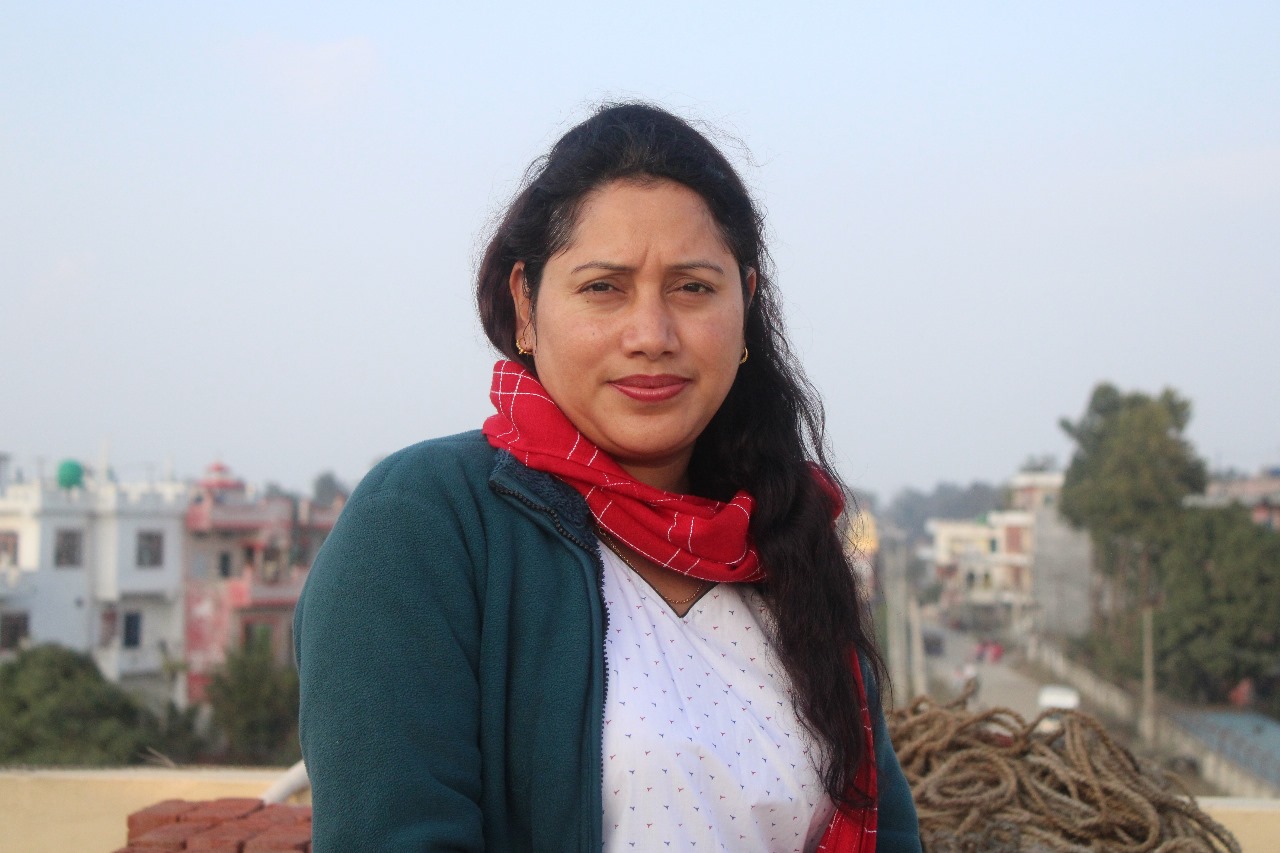
Voices Unsilenced
Often dismissed as a personal concern, mental health is a societal issue, according to Srijana KC, who works as a psychosocial counselor for the Nepali organization KOSHISH. KC’s own history includes a seizure disorder, which resulted in mental health challenges. She faced prejudice in both educational settings and the workplace, which pushed her towards becoming a street vendor to afford her medications. Now with KOSHISH, she coordinates peer support gatherings in different parts of Nepal. “It is crucial to instill hope in society, recognizing that individuals with psychosocial disabilities can significantly contribute,” she says.